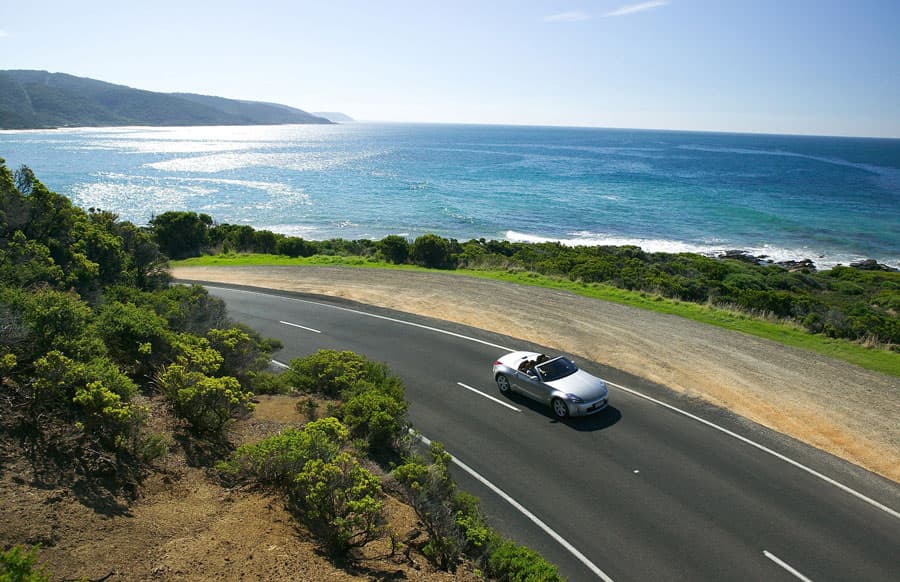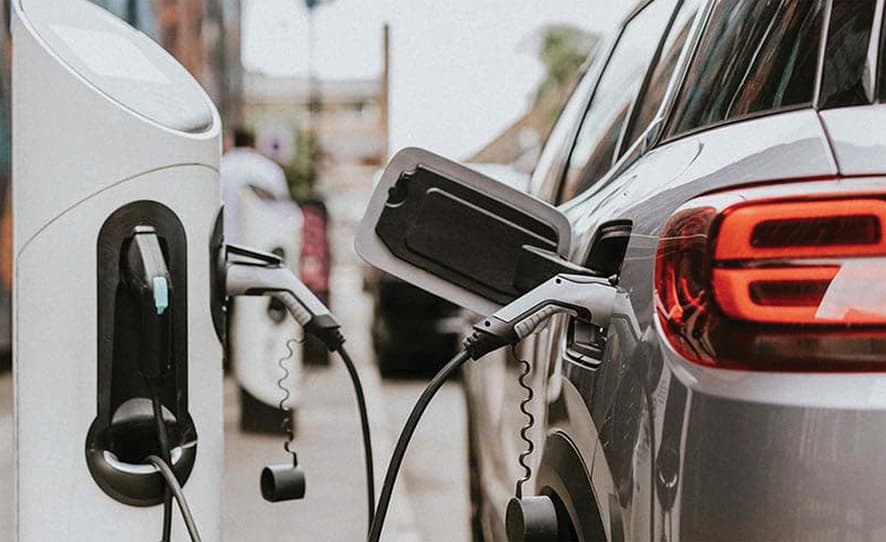Cost-saving without risk: how not to overpay for car insurance while traveling

Car insurance is an essential part of any trip, especially if you plan to travel abroad. In Hungary, as in most European countries, a vehicle must be insured, and having car insurance is mandatory. However, not every traveler knows how to choose the optimal insurance to avoid overpaying while ensuring their trip is safe and comfortable. In this article, we will discuss how to save on car insurance without compromising your safety.
What does car insurance for travel include?
Before you begin choosing insurance, it’s important to understand what exactly the insurance policy should cover. Standard car insurance generally includes three main categories:
Mandatory liability insurance (third-party insurance). This is the insurance that covers damage caused to third parties. In Hungary, third-party insurance is mandatory for all vehicles, and without it, you won’t be able to drive on the road.
Comprehensive insurance (Casco). This is voluntary insurance that covers damage to your own vehicle. It can cover a wide range of risks, such as accidents, theft, natural disasters, etc.
Additional options. For example, theft insurance, parking damage coverage, glass damage insurance, as well as 24-hour roadside assistance.
Each of these categories may be important depending on where and how you plan to travel. Therefore, before choosing an insurance policy, it’s crucial to carefully consider what exactly you need for your trip.
How to avoid overpaying for car insurance?
Choosing insurance is not only a matter of risk coverage but also about saving money. There are several ways you can reduce your insurance costs without compromising the quality of coverage.
First, it’s worth thoroughly researching the offerings of different insurance companies. In Hungary, there are many companies offering various insurance packages. For example, in some cases, you can choose a limited Casco coverage to reduce the cost of insurance if you plan to travel on routes with minimal risks. For instance, if you do not plan to visit remote or challenging locations, you don’t need to pay extra for insurance against unforeseen events such as natural disasters.
Second, it’s important to familiarize yourself with the requirements of the country you are traveling to. In the European Union, there are standardized insurance rules, but some countries may have additional requirements or more favorable offers from local insurance companies. For example, if you plan to travel across Europe, you can choose insurance that will be valid across the entire European Union. This will save you money as you won’t need to buy separate policies for each country.
A third way to save is by using special cards and programs that may offer favorable conditions for travelers. In Hungary, many banks and financial institutions offer cards that include travel insurance for their holders. If you already have such a card, you may not need to buy separate car insurance. These cards often include coverage for accidents or vehicle damage, making them a great alternative to standard policies.
When is it more beneficial to purchase insurance online?
Today, many insurance companies offer the option to purchase a policy online. This can be especially advantageous if you want to save both time and money. Online insurance purchases often come with discounts, as companies do not spend money on office space or staff. Additionally, many online services offer convenient calculators that help you calculate the cost of a policy based on your needs.
However, when purchasing insurance online, it’s important to carefully read the terms of the contract. Often, there can be hidden additional fees that are not reflected in the initial cost of the policy. This is especially the case for short-term travel insurance or coverage for specific countries.
Why it’s important to consider the deductible?
The deductible is the amount you need to pay in the event of damage before the insurance starts covering the costs. For example, if the damage amounts to 500 euros and the deductible is 100 euros, you will need to pay 100 euros, and the insurance will cover the remaining amount. The higher the deductible, the cheaper the insurance, but this can be a risky step if you are unsure about the safety of your trip.
For some trips, it might make sense to choose insurance with a low deductible, especially if you plan a long trip or one through difficult routes. If your trip is short and you don’t expect to travel on hazardous roads, you may opt for a higher deductible, which will significantly reduce the cost of your insurance.
Car insurance specifics for travel in Europe
If your trip takes you across European Union countries, it’s important to remember that all EU countries use a unified insurance policy for citizens traveling between countries. This means that your Hungarian insurance should cover risks in other EU countries. In this case, it’s important to check in advance whether your insurance covers all the necessary countries and risks.
Moreover, some European countries may have additional tax charges on car insurance, which should be considered when calculating the cost of the policy. It’s also essential to understand that not all insurance companies cover damage caused in certain countries. Therefore, it’s advisable to check with the company where your insurance will be valid and whether there are any restrictions.
Conclusion
Saving on car insurance while traveling is a matter of making the right choices. It’s important to carefully assess your needs and understand what risks you need to cover. Also, it’s vital to thoroughly examine the terms of the policy and take advantage of opportunities offered by online services and bank cards. By taking a smart approach, you will not only protect yourself and your vehicle on the road but also save money without sacrificing the quality of your insurance coverage.









